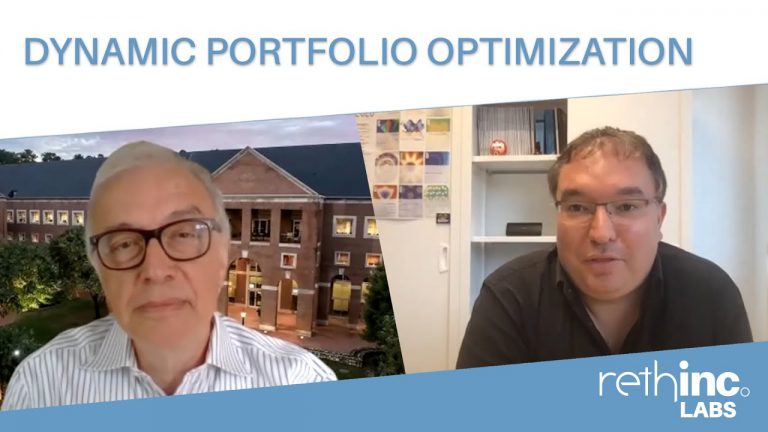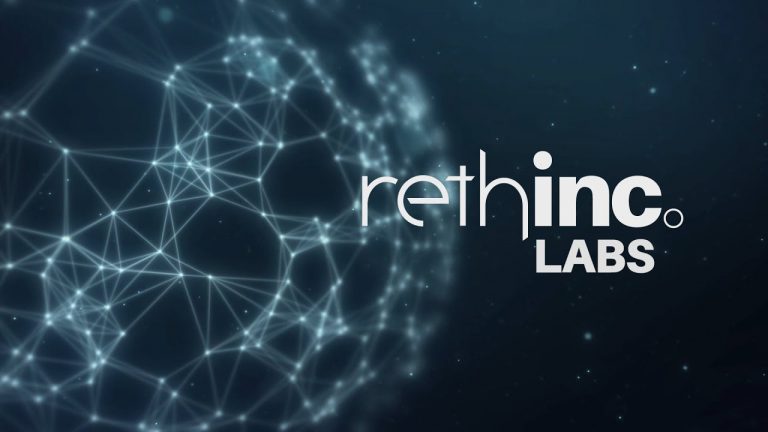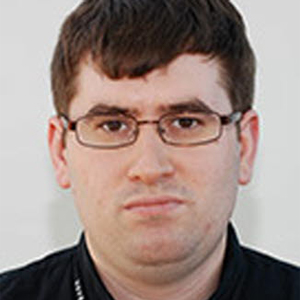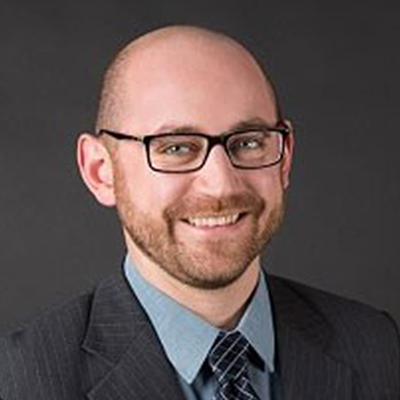
Quantum computers are not yet up to the task of providing computational advantages for practical stochastic diffusion models commonly used by financial analysts. In this paper we introduce a class of stochastic processes that are both realistic in terms of mimicking financial market risks as well as more amenable to potential quantum computational advantages.
This year Rethinc. Labs joined the Duke Quantum Center and the IBM Quantum Hub at NC State to bring their Financial Services focus to the Triangle Quantum Computing Seminar Series. For our next discussion we welcome Dylan Herman, from the JPMorgan Chase Future Lab for Applied Research and Engineering (FLARE). The focus of the FLARE quantum program is to develop quantum algorithms for financial applications and quantum-resistant cryptographic solutions.
This year Rethinc. Labs joined the Duke Quantum Center and the IBM Quantum Hub at NC State to bring their Financial Services focus to the Triangle Quantum Computing Seminar Series. We will welcome João Doriguello, from the National University of Singapore to share his least squares Monte Carolo algorithm.
Monte-Carlo Integration is ubiquitous in science, engineering, finance and many other disciplines. It is well-known that quantum computing can achieve a quadratic advantage in Monte-Carlo Integration by using as a subroutine Quantum Amplitude Estimation (QAE), which is essentially a generalization of Grover Search — one of the oldest and most famous quantum algorithms. However, until recently this advantage was merely theoretical, in practice substantial overheads (associated with the need to perform arithmetic operations on the quantum computer) rendered Quantum Monte Carlo integration (QMCI) NISQ-infeasible.
Join us to hear from Seth Lloyd, Professor of Mechanical Engineering and Physics at MIT, as he shares his findings on quantum algorithms for analyzing financial data and predicting time series
Quantum circuits are an essential aspect of quantum algorithms and applications. Their efficiency can greatly impact not only the efficiency of higher level algorithms but also their feasibility and applicability, especially in the current NISQ era. In this talk, Shaohan Hu, will join us from the Future Lab of Applied Research and Engineering at JPMorgan Chase to discuss two pieces of his recent work on building efficient quantum circuits.
Join us to hear Dr. Daniel J. Egger present his findings from his work in the Quantum Technologies group at IBM Research in Zurich. His research focusses on the control of quantum computers and on the practical applications of quantum algorithms in finance.
Tomoki Tanaka, vice president of Mitsubishi UFJ Financial Group and MUFG Bank, will join Rethinc. Labs for the next event in their Quantum webinar series. Working with researchers from the financial team at the IBM Q Network Hub at Keio University, Tanaka found several quantum algorithms that may be implementable in near-term devices for estimating the amplitude of a given quantum state. This is a core subroutine in various computing tasks, such as the Monte Carlo method.

Dynamic Portfolio Optimization
Rehtinc. Labs hosted Román Orús, Ikerbasque Research Professor at the Donostia International Physics Center in San Sebastián, Spain. Roman presented the findings from his research on determining the optimal trading trajectory for an investment portfolio of assets over a period of time. Dynamic portfolio optimization is well known to be NP-Hard and is central to quantitative finance.
Román Orús, Ikerbasque Research Professor at the Donostia International Physics Center in San Sebastián, Spain, will present the findings from his research on determining the optimal trading trajectory for an investment portfolio of assets over a period of time. Dynamic portfolio optimization is well known to be NP-Hard and is central to quantitative finance.
Join us for our next discussion as Isaiah Hull, a Senior Economist with Sweden’s Central Bank introduces quantum money and highlights the common misconceptions about what is achievable with quantum computing in economic models.
Join us as Dr. Stefan Woerner outlines classical computational challenges appearing in the Financial Services Sector. He will discuss where quantum computing may provide an advantage, and what requirements this imposes on the quantum hardware. Drawing from examples achieved jointly from their IBM Quantum partners from the financial industry, Dr. Woerner will present results with a focus on application-driven benchmarks in order to understand the roadmap towards real quantum advantage for applications.







